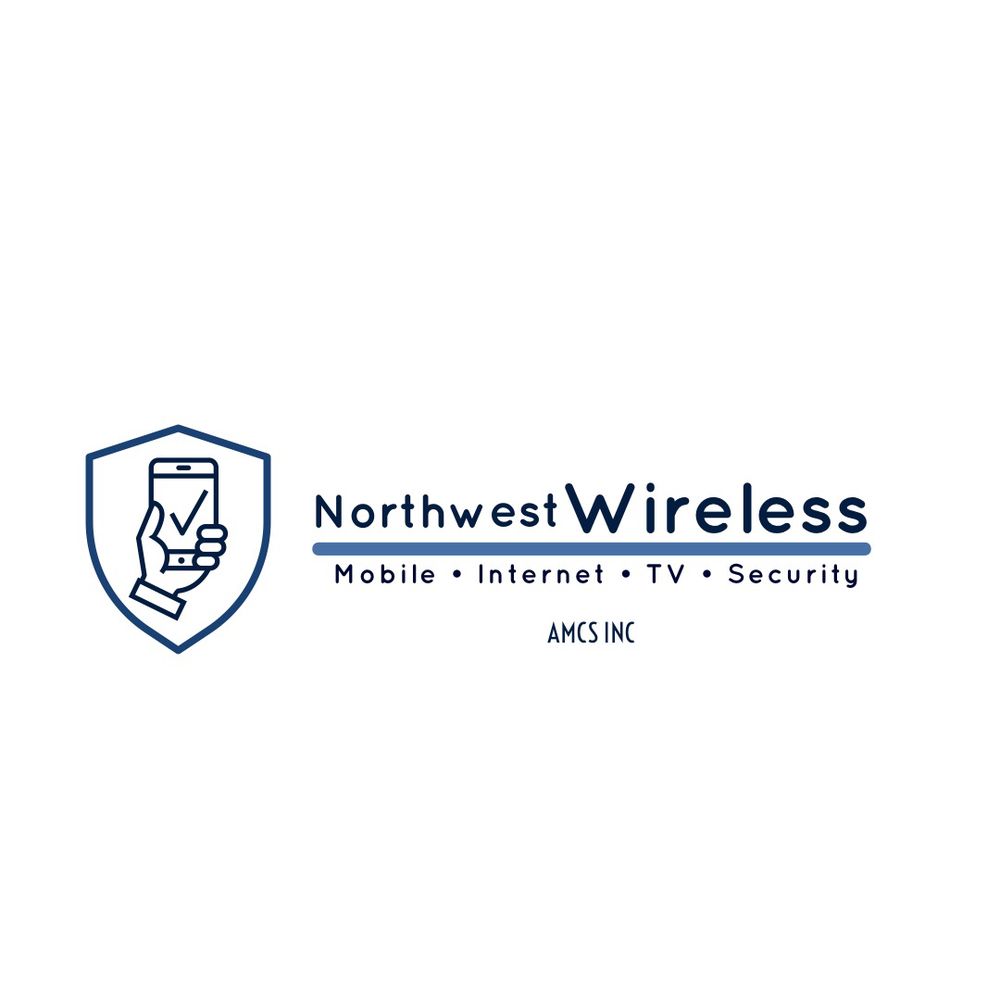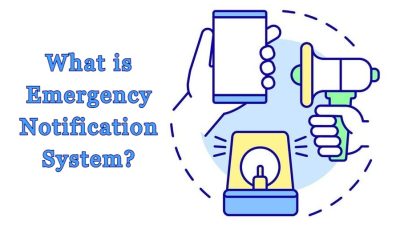Wireless Internet Spokane is transforming the way we connect, work, and play in the heart of the Pacific Northwest. With a growing demand for high-speed internet, Spokane is embracing cutting-edge technology that caters to both urban and rural communities alike. This shift not only enhances personal connectivity but also boosts local businesses, making it an exciting time for residents and newcomers.
As we delve into the world of wireless internet in Spokane, we’ll explore the available options, benefits of choosing local providers, and the essential role of reliable internet in today’s digital landscape. You’ll discover how these services are shaping the community and providing unprecedented access to information and entertainment.
In today’s fast-paced world, the importance of effective communication cannot be overstated. Whether in personal relationships, professional settings, or public interactions, being able to convey ideas clearly and persuasively is a skill that can greatly impact outcomes. This article will explore various aspects of communication, including verbal and non-verbal elements, the role of active listening, and the importance of adapting one’s style to different contexts.Effective communication begins with understanding the fundamental components of the process.
At its core, communication involves a sender, a message, a medium, and a receiver. The sender is the individual or group conveying the information, while the receiver is the one on the receiving end. The message is the information being shared, and the medium is the method through which this information is transmitted, whether it be spoken words, written text, or even body language.One of the most critical aspects of communication is clarity.
A message can be rendered ineffective if the receiver misunderstands it due to vague wording or complex jargon. Therefore, it’s essential to be clear and concise. When drafting an email, for example, one should aim to get to the point quickly while providing enough context for the recipient to understand the purpose of the message. Using bullet points, headings, and short paragraphs can also enhance clarity and make the information more digestible.Another significant component of effective communication is non-verbal communication.
Body language, facial expressions, and gestures can often convey more than words themselves. Consider how a simple smile can create a welcoming atmosphere or how crossed arms might suggest defensiveness. Being aware of one’s body language and that of others can enhance interactions and help convey the intended message more effectively. For instance, maintaining eye contact can create a sense of trust and engagement during a conversation, while fidgeting or avoiding eye contact might signal discomfort or disinterest.Active listening is another crucial element of effective communication.
It goes beyond merely hearing the words spoken; it involves fully engaging with the speaker, understanding their message, and responding thoughtfully. Active listening can be demonstrated through verbal affirmations, such as nodding or saying “I see,” as well as through summarizing what the speaker has said to ensure comprehension. This practice not only shows respect for the speaker but also fosters a deeper connection between individuals.

In professional settings, adapting one’s communication style to fit the audience is vital. For instance, communicating with a team of engineers may require a more technical approach, while presenting to a group of executives might necessitate a focus on high-level concepts and outcomes. Being able to read the room and adjust one’s language, tone, and style accordingly can significantly enhance the effectiveness of the communication.Moreover, feedback is an integral part of the communication process.
It provides an opportunity for clarification and improvement. By encouraging feedback, individuals can identify areas where their communication may need refinement. This could be as simple as asking a colleague if they understood the points made during a meeting or soliciting input on a presentation. Embracing constructive criticism can help individuals grow and develop their communication skills over time.In an increasingly digital world, understanding the nuances of online communication is essential.
Email, instant messaging, and social media platforms have become primary modes of communication for many. Each medium comes with its own set of rules and expectations. For instance, emails are typically more formal, while instant messaging often allows for a more casual tone. However, it’s important to remember that even in a casual setting, professionalism should still be maintained, especially when interacting with colleagues or clients.When communicating online, it’s also crucial to consider the potential for misinterpretation.
Without vocal inflection and body language, messages can easily be misunderstood. To mitigate this risk, individuals should strive to be explicit in their language and consider using emojis or gifs to convey tone when appropriate. Additionally, taking a moment to review a message before sending it can help catch any ambiguous phrasing that could lead to confusion.Furthermore, the ability to tell a story can significantly enhance communication.
Storytelling is a powerful tool that can captivate an audience and make a message more relatable. By weaving anecdotes or examples into a presentation or conversation, individuals can help their audience connect with the material on a deeper level. Great communicators often deploy stories to illustrate complex concepts or to evoke emotional responses, making their message more memorable.In conclusion, effective communication is a multifaceted skill that requires practice and self-awareness.

By focusing on clarity, non-verbal cues, active listening, adapting to the audience, seeking feedback, navigating digital communication appropriately, and utilizing storytelling techniques, individuals can significantly enhance their communication abilities. As we continue to interact in various contexts, honing these skills will not only improve our personal and professional relationships but also foster a more understanding and connected society. Remember, communication is not just about exchanging information; it’s about building connections and understanding each other better.

Quick FAQs
What are the benefits of wireless internet in Spokane?
Wireless internet offers flexibility, ease of access, and the ability to connect multiple devices without the need for cumbersome cables.
Are there local providers for wireless internet in Spokane?
Yes, there are several local providers in Spokane that cater to various speed and service needs, ensuring competitive options for customers.
What speeds can I expect from wireless internet in Spokane?
Speed varies by provider and plan, but many services offer high-speed options suitable for streaming, gaming, and remote work.
Is wireless internet reliable in rural areas around Spokane?
Many providers are expanding their coverage to rural areas, enhancing reliability and connectivity for those living outside the city.
Can I get wireless internet for a temporary location in Spokane?
Yes, many providers offer flexible plans for temporary locations, making it easy to stay connected during short-term stays or events.











